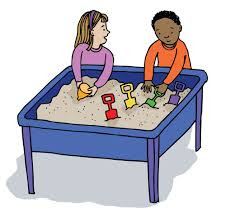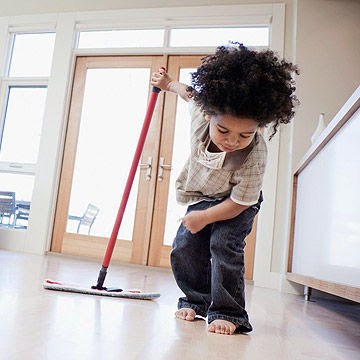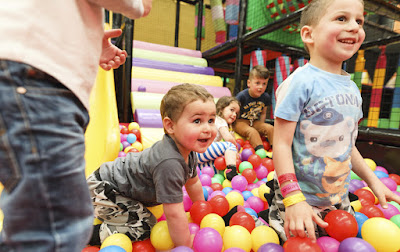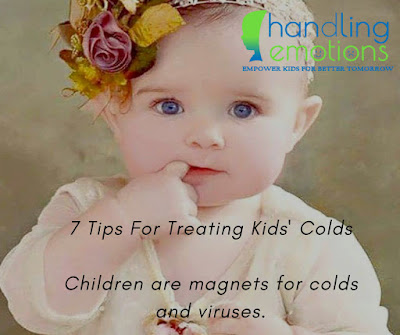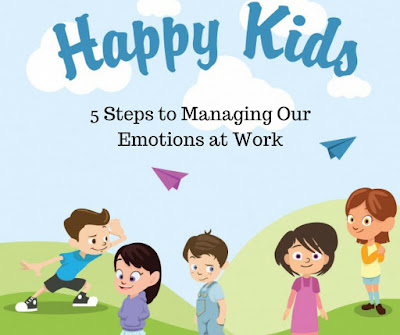Mental Health Days -- What to do when your child just won't go to school
For many parents, the middle of August is the most wonderful time of the year. After hearing a thousand iterations of “I’m bored!” and waging a positional (often losing) arms race against excessive screen time, we are thrilled to cram our children’s backpacks full of shiny new school supplies and post those “milestone” first-day-of-school pics to Instagram.
But for some parents—and children—the first day of school is a source of dread. All children can experience anxiety about starting a new school year. In many cases, with acknowledgment and reassurance, parents can alleviate those fears and help their children to navigate the transition successfully. But mental health conditions can exacerbate those common anxieties and fears, sometimes even making your child physically ill.
Try these ideas to alleviate the back-to-school battles
If you’re one of those parents, I know your pain. Those early morning battles were a pretty regular occurrence in my household. Here are a few ideas that worked for me as I tried to support Eric’s mental health while also meeting his educational goals.
1.Plan ahead. Change can be hard for children, especially when they have mental health conditions. Working with your child and the school ahead of time can help to alleviate some of the fear and anxiety your child may face. With Eric, we would schedule a time to meet with his new teacher and tour his classroom ahead of time so that he could acclimate to the environment. Many school districts build these before-school open house times into their regular schedules, but you can also reach out to your child’s teacher individually because sometimes the crowds can be overwhelming for children who have sensory issues or anxiety. Teachers want our children to feel safe in the learning environment.
2.Believe your child and acknowledge his or her fears. Why doesn’t your child want to go to school? Children need to feel heard. They need to know that they are safe. Ask questions about your child’s symptoms and concerns. Is there some specific environmental trigger that you and the school can address? Is your child worried about being bullied? Can you and your child work on an accommodation with the school that will help with your child’s concerns?
3.Address the attendance issues proactively in your child’s Individual Education Program (IEP) or Section 504 Plan. When Eric completed his sophomore year of high school, his illness was so well managed that he no longer met the criteria for a Serious Emotional Disturbance (SED) IEP. This was both a blessing and a source of anxiety for both of us. While I certainly celebrated Eric’s success in managing his behaviors and triggers, I was also nervous about a relapse. On his psychiatrist’s advice, we requested that unlimited mental health absences be written into his Section 504 Plan, which replaced the IEP.
4.Consider a non traditional school environment. In seventh grade, Eric struggled at a large junior high school and ultimately had to be transferred to an alternative program that provided safety but could not meet his educational needs. In ninth grade, he was able to transfer into a small public charter school, and that change made a significant difference in his academic performance. The charter school environment was much easier to navigate—the staff, teachers, and students felt like family.
Must visit : handling emotions
Read more : info.1in5minds.org
For many parents, the middle of August is the most wonderful time of the year. After hearing a thousand iterations of “I’m bored!” and waging a positional (often losing) arms race against excessive screen time, we are thrilled to cram our children’s backpacks full of shiny new school supplies and post those “milestone” first-day-of-school pics to Instagram.
But for some parents—and children—the first day of school is a source of dread. All children can experience anxiety about starting a new school year. In many cases, with acknowledgment and reassurance, parents can alleviate those fears and help their children to navigate the transition successfully. But mental health conditions can exacerbate those common anxieties and fears, sometimes even making your child physically ill.
Try these ideas to alleviate the back-to-school battles
If you’re one of those parents, I know your pain. Those early morning battles were a pretty regular occurrence in my household. Here are a few ideas that worked for me as I tried to support Eric’s mental health while also meeting his educational goals.
1.Plan ahead. Change can be hard for children, especially when they have mental health conditions. Working with your child and the school ahead of time can help to alleviate some of the fear and anxiety your child may face. With Eric, we would schedule a time to meet with his new teacher and tour his classroom ahead of time so that he could acclimate to the environment. Many school districts build these before-school open house times into their regular schedules, but you can also reach out to your child’s teacher individually because sometimes the crowds can be overwhelming for children who have sensory issues or anxiety. Teachers want our children to feel safe in the learning environment.
2.Believe your child and acknowledge his or her fears. Why doesn’t your child want to go to school? Children need to feel heard. They need to know that they are safe. Ask questions about your child’s symptoms and concerns. Is there some specific environmental trigger that you and the school can address? Is your child worried about being bullied? Can you and your child work on an accommodation with the school that will help with your child’s concerns?
3.Address the attendance issues proactively in your child’s Individual Education Program (IEP) or Section 504 Plan. When Eric completed his sophomore year of high school, his illness was so well managed that he no longer met the criteria for a Serious Emotional Disturbance (SED) IEP. This was both a blessing and a source of anxiety for both of us. While I certainly celebrated Eric’s success in managing his behaviors and triggers, I was also nervous about a relapse. On his psychiatrist’s advice, we requested that unlimited mental health absences be written into his Section 504 Plan, which replaced the IEP.
4.Consider a non traditional school environment. In seventh grade, Eric struggled at a large junior high school and ultimately had to be transferred to an alternative program that provided safety but could not meet his educational needs. In ninth grade, he was able to transfer into a small public charter school, and that change made a significant difference in his academic performance. The charter school environment was much easier to navigate—the staff, teachers, and students felt like family.
Must visit : handling emotions
Read more : info.1in5minds.org




